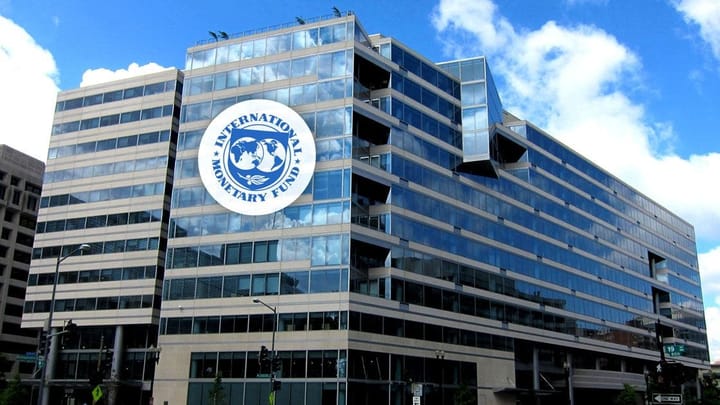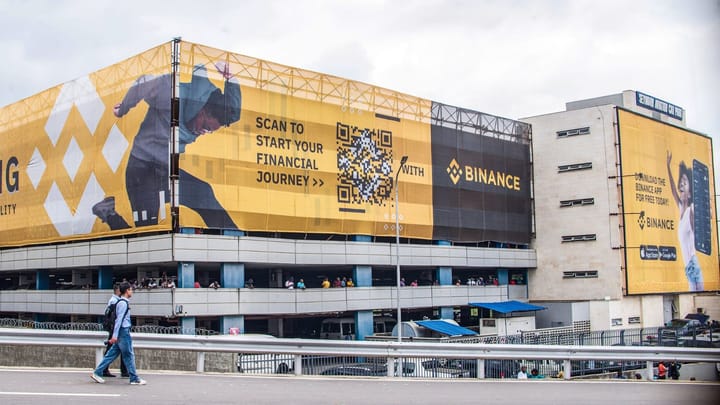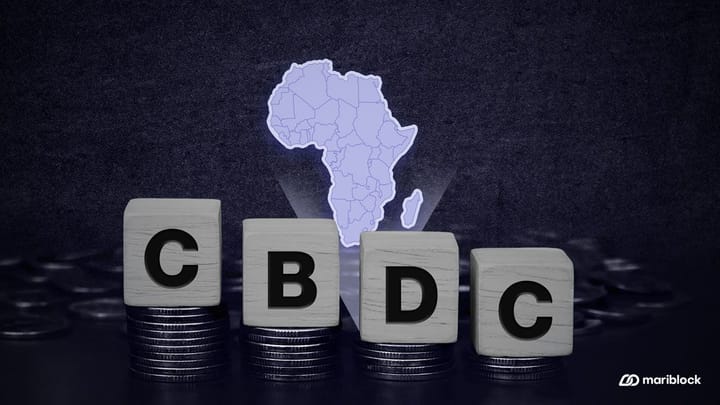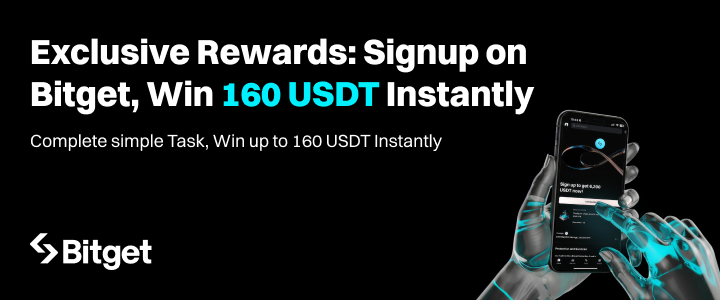Sidebar: Coinbase’s four-step plan for African builders
Damilare Aregbesola, Coinbase’s new West Africa lead, wants to help African builders go beyond hackathons — unlocking funding, mentorship and real distribution paths to global success.
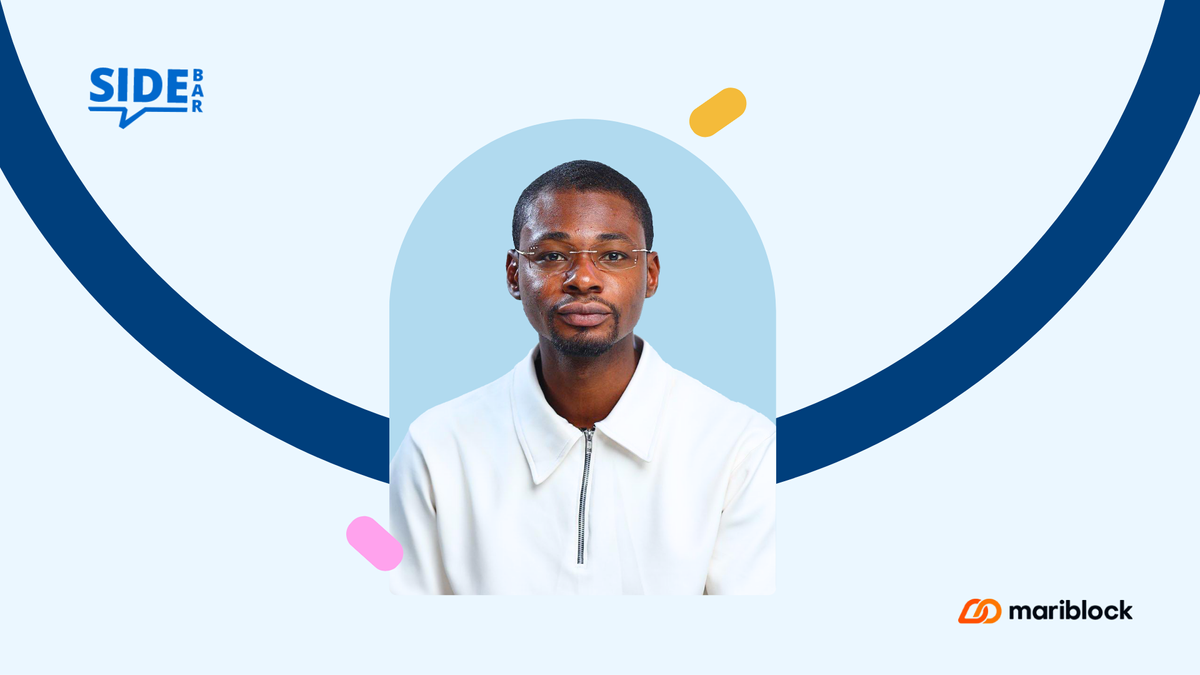
Damilare Aregbesola recently stepped into the role of West Africa regional lead at Base, the Coinbase-developed Ethereum layer two network, bringing the full backing of a global crypto giant to support builders across the region.
We spoke to Aregbesola about Coinbase’s strategy to support African builders in building beyond the hackathon stage, his approach to opening doors for both technical and non-technical builders to access global opportunities and funding, and one trend he is closely watching in the blockchain space.
This interview has been edited for length and clarity.
Tell us about your new role at Coinbase
DA: I recently stepped into the role of West Africa Regional Lead at Coinbase. It’s similar to what I’ve been doing: supporting builders in the space, but now with the full backing of a global crypto brand. That means better access to funding, tools, and networks for both technical and non-technical builders across West Africa.
It’s especially important because Coinbase is a 4,000-person company, and historically, there haven’t been many Africans on the team. Coming onboard in an official capacity creates a clearer pathway for African builders to plug into global opportunities and infrastructure.
What kinds of opportunities can builders now access through your role?
DA: There are a few key ones. First, better support, both financial and non-financial. Financially, builders can access grants and investment opportunities through Coinbase Ventures and other global investors. Non-financially, they can tap into Coinbase’s vast distribution network.
Say you’re a blockchain developer in Nigeria who wants to connect with a founder in the U.S. or a partner in Europe; Coinbase can help facilitate that. If your product is B2B, we can help you connect with other companies that might need what you’re building.
There are also marketing opportunities. For example, Base and Coinbase channels can spotlight West African projects, giving them visibility on a global stage. Community teams across the world can engage with, share, and support these products.
Ultimately, my goal is to open doors for both technical and non-technical builders, so they can create, grow, and thrive with the kind of global access they deserve.
Talk to us about the Base Batch Workshop. What larger problems are you hoping to solve with this program in the West African tech ecosystem?
DA: The Base Batch is not just a workshop. It’s a full startup support program designed to help West African builders go from idea to funded product. It was designed to solve a bigger problem we’ve seen in the West African tech space: people build great projects during hackathons, but a few months later, most of them disappear. There’s rarely enough support to take those projects from ideas to real, sustainable products.
That’s why this program has four parts:
- We start with education: workshops that show both technical and non-technical people how to build on blockchain, not just within the Base ecosystem, but in ways that work across the industry.
- The next stage is the “buildathon,” where participants apply what they’ve learned and start building actual products, not just prototypes. The top teams move into a four-week incubator with world-class mentors: people from Coinbase, Balaji from Network State, and others, who help them grow their projects into something tangible.
- The final stage is a global demo day, where these teams pitch their products to investors for a chance at up to $1 million in funding.
So it’s not just about rewarding the best ideas, it’s about sticking with people through the whole journey. We want the people who come into Base now to still be building a year from now. And because the challenges in Africa are different from other places, the support has to be different too. That’s what we’re doing: creating a structure that actually fits our reality and gives builders a real shot.
As someone helping to shape a network’s presence in the region, what trends or shifts are you watching closely when it comes to how Africans are building or using blockchain tools?
DA: I’m a pretty realistic person, and when I look at how blockchain is being used in Africa, one trend that stands out — and honestly, one we really need to focus on — is stablecoins. We’re seeing a lot of interesting stablecoin products being built, even within the current Base Batch, and I think that says something important about the market here.
Africa faces a lot of financial complications, not just with cross-border payments, but even within countries. In that context, stablecoins seem to have found the strongest product-market fit for blockchain on the continent. We’ve already seen some solid examples, projects like Azza and Paycrest, that show what’s possible. So for me, that’s where the real opportunity is, and it’s what I’m doubling down on.
Of course, we’re also paying attention to other shifts. AI, for example, is opening up new possibilities for both technical and non-technical people to start building. It’s exciting, but I don’t think it’s the next big thing for us just yet. One issue I’ve noticed is that we often jump on new tech trends before we’ve fully explored or benefited from the last one. We don’t give ourselves enough time to go deep, to really solve problems before moving on to the next shiny tool.
So I think we need to stay focused. If stablecoins are clearly working, let’s invest more time, energy, and resources into that, and use blockchain to solve the core money movement problems we’re facing. Once those challenges are truly addressed, we can start thinking about the next layer.

